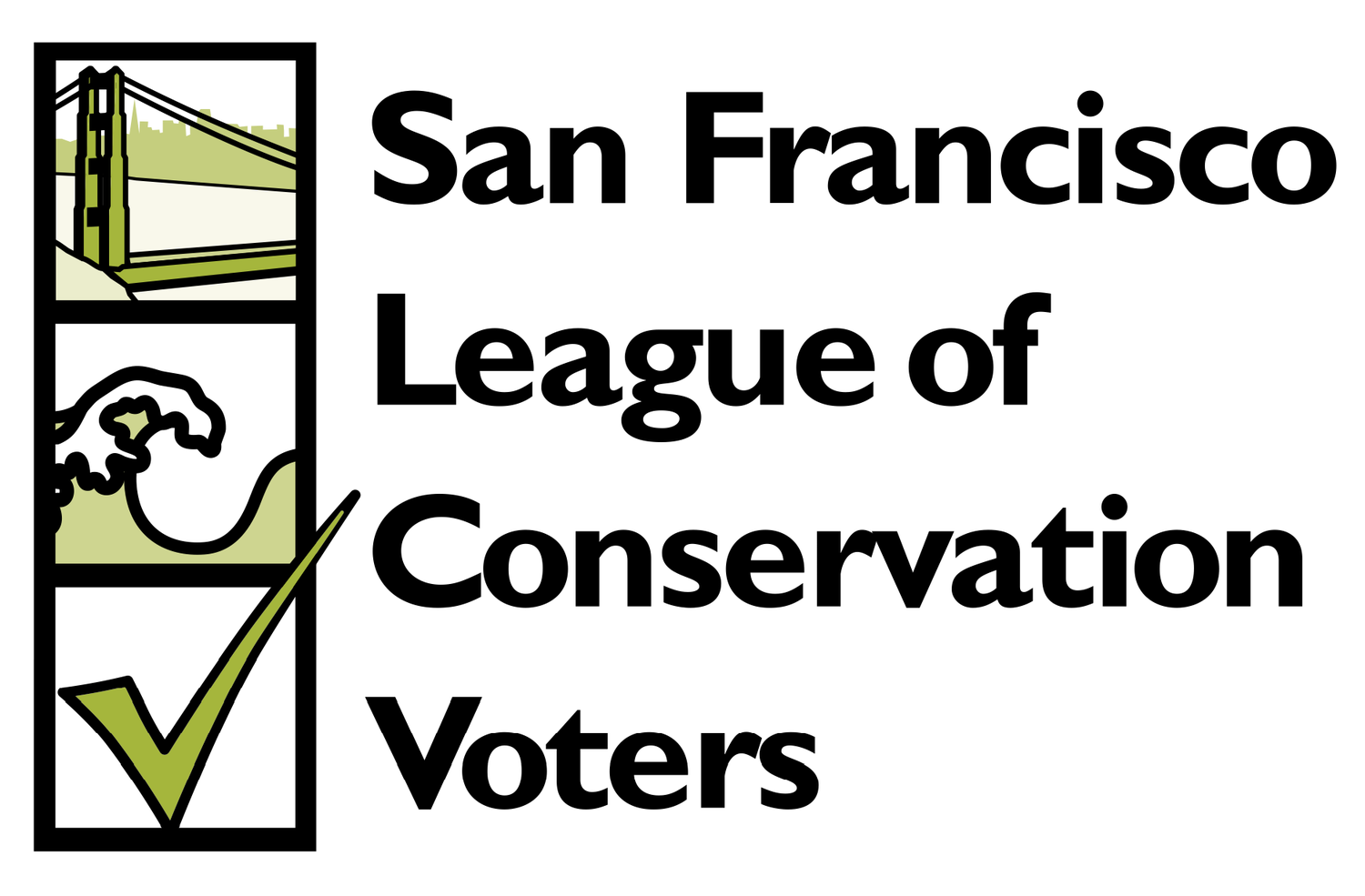All around the world, popular museums are situated in public parks with wonderful results for both the museums and the parks.
But here in San Francisco, the venerable de Young Museum is waging an intense and irrational battle to prevent more San Francisco families and visitors from enjoying Golden Gate Park -- even at the expense of its own reputation and financial well-being. Our organizations are baffled.
The museum's leadership is doggedly fighting a community proposal called Healthy Saturdays, which would extend the popular Sunday recreational space in the Park to Saturdays on a six-month trial basis.
Why would the de Young fight this when its own figures show that museum attendance increases on car-free Sundays in the Park?
Why, when a recent City study (available at www.goldengatepark.org) shows that car-free space does not significantly affect parking availability or traffic in the neighborhoods, and doubles Park usage, boosts local business, and helps drive traffic to (and pay off debt for) the de Young's unfilled 800-car garage?
Why, last Spring, did the de Young spend thousands to send misleading letters to its members, falsely claiming that Healthy Saturdays would "severely compromise" access. Dozens of disgruntled de Young members pointed out that the letter did not mention that the garage is accessible from outside the Park, and that visitors have front-door, drop-off access every day. (See a copy of the letter at www.goldengatepark.org)
And how much of its members' donations are being spent on the de Young’s high-powered lobbying & PR firm to attack Healthy Saturdays?
All of the highjinks and mistruths are especially baffling given the de Young's past endorsement of the concept. In 2000 the museum supported and funded Proposition G, which called for car-free Saturdays just like Sundays after the garage was opened, which it now is. According to their ballot argument, de Young leaders wrote that the Saturday proposal "Ensures access to the de Young Museum for all San Franciscans including families with children, seniors and the disabled; (and) ensures the maximum enjoyment and minimum inconvenience to Park users."
Why?
At times the de Young has claimed that it is fighting out of concern for disabled access, but their tactics suggest otherwise. Why did they not actively support Supervisor Jake McGoldrick's legislation, which passed unanimously last year, to add more accessible parking, drop-off zones, and a free accessible tram in the Park on Sundays? (These same accessibility improvements are included in McGoldrick's proposal for the Healthy Saturdays trial.)
And why are museum leaders suggesting that the car-free space be moved out to the West end of the Park, far from transit, the parking garage, and local businesses? The de Young’s chief fundraiser DeDe Wilsey has even offered to pay for "improvements" such as concession stands and bathrooms out there. (Let them eat cake...or at least have access to hot dogs and a port-o-potty.)
Finally, if the de Young were working in good faith to improve its own attendance and revenue (we all want a successful de Young Museum), why would this partially publicly-funded museum deny city officials’ requests to make their attendance figures public, relenting only after a Guardian reporter filed a Freedom of Information Act request? The figures, when they were begrudgingly shared last year, showed a boost in de Young attendance on car-free days – which of course brings us back to our original question:
Why is the de Young fighting so intensely against its own interests and those of Golden Gate Park visitors?
For 40 years, more people have enjoyed the car-free portion of JFK Drive on Sundays than any other part of the Park. Why is a six-month-trial to expand this popular program so threatening to the de Young?
By Amandeep Jawa, League of Conservation Voters; Rick Galbreath, Sierra Club, SF; and Leah Shahum, SF Bicycle Coalition. For more info., see www.goldengatepark.org

